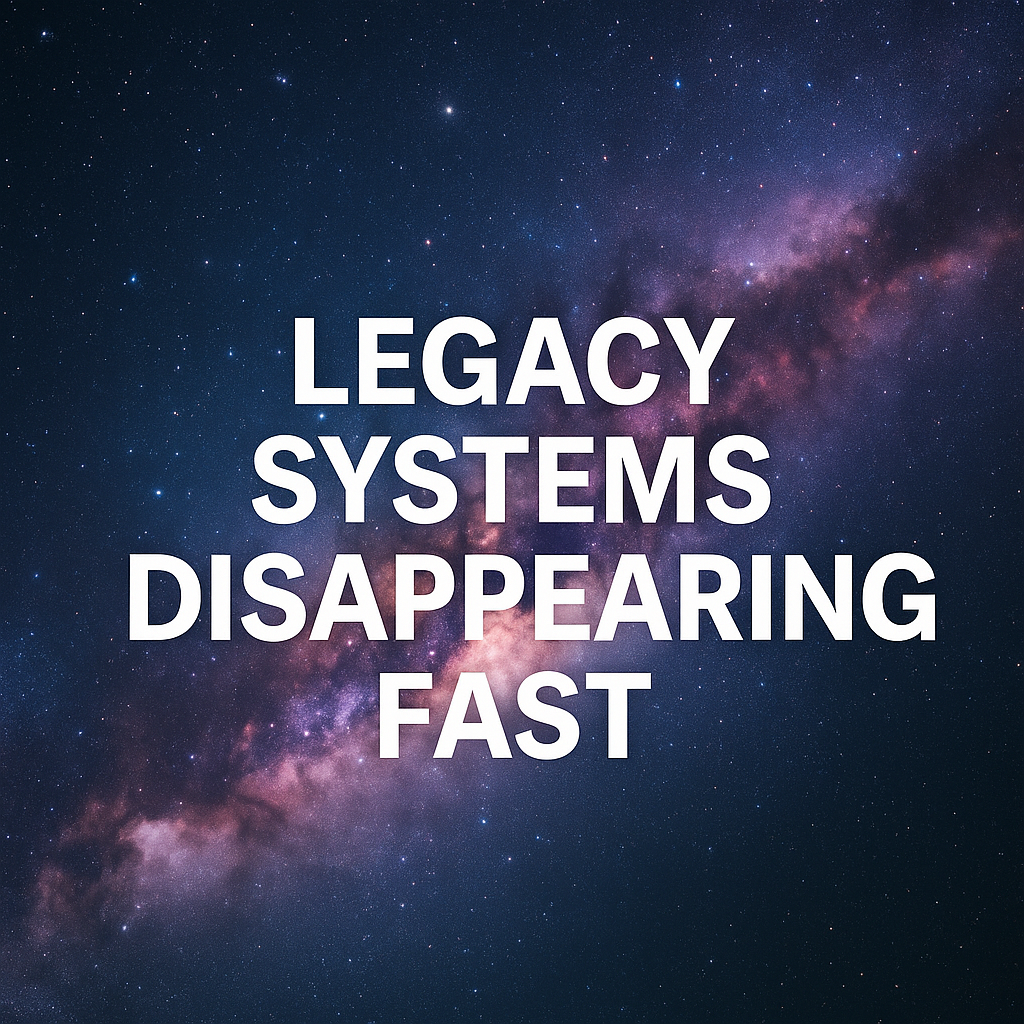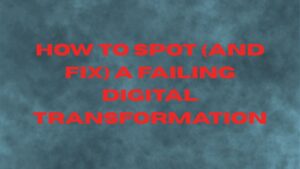There’s a hard truth many organizations don’t want to face: some of the legacy systems running their businesses are so old that the people who know how to maintain them are literally disappearing.
If you’re still operating on platforms like IBM iSeries, AS/400, or mainframe green-screen systems from the 1980s and 1990s, you’re not just sitting on technical debt. You’re sitting on a ticking time bomb.
Table of Contents
ToggleThe Human Side of Technical Debt
The challenge with these legacy systems isn’t only about outdated code or clunky user interfaces. It’s about people.
- The workforce that grew up on these technologies is aging out of the job market.
- Younger generations aren’t being trained to maintain obsolete systems.
- As specialists retire — or pass away — their knowledge goes with them.
That means even if your system “works,” you may not have anyone left who can keep it running.
The Illusion of Stability
Legacy systems often give leaders a false sense of security. They’ve been running payroll, processing orders, or managing inventory for decades. They feel reliable.
But what happens when:
- A core batch process fails and no one remembers how to fix the COBOL code?
- A green-screen program corrupts data and the last person who knew its logic left five years ago?
- A hardware part breaks that hasn’t been manufactured in 20 years?
At that point, it doesn’t matter how “stable” your system was yesterday — it’s now a single point of failure.
Why You’ll Eventually Have to Upgrade
The case for moving off these obsolete systems isn’t about chasing the “latest and greatest” cloud ERP. It’s about survival.
- Supportability: If no one can maintain it, it’s not sustainable.
- Integration: Legacy platforms weren’t built for modern APIs, analytics, or AI.
- Resilience: Outdated systems can’t easily adapt to new regulatory, security, or market demands.
It’s not a matter of if you’ll have to upgrade — it’s when. And waiting until the system literally breaks is the most expensive, disruptive way to find out.
What Leaders Should Do Now
- Inventory Your Legacy Risks
Identify systems more than 15–20 years old and the people (or vendors) who still know them. - Capture Tribal Knowledge
Document critical processes and code logic before key employees retire. - Evaluate Interoperability Options
You may not need a rip-and-replace today. Tools like Palantir, Snowflake, and Databricks can help extend the life of legacy ERPs while modernizing data and analytics. - Build a Long-Term Roadmap
Even if you buy time with interoperability layers, plan for the eventual replacement. Otherwise, you’ll inherit chaos when the last expert is gone.
The Bottom Line
Legacy systems might not look broken, but the knowledge gap around them is breaking — quietly and irreversibly.
As the last generation of experts ages out, organizations clinging to 40-year-old technology risk losing not just competitive advantage, but the ability to function.
Learn More
Explore how to future-proof your transformation in our Digital Transformation Report, which includes independent reviews of ERP and interoperability strategies.
The Executive Mastermind
An exclusive peer network of transformation leaders collaborating on strategy and innovation.
Learn more: thirdstage-consulting.com/the-executive-mastermind






